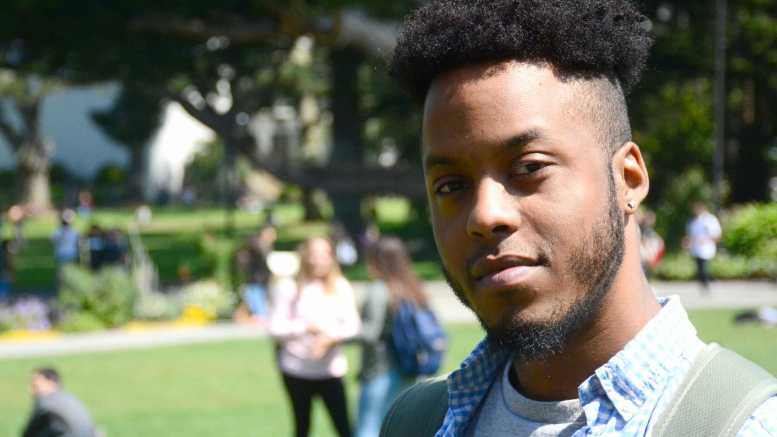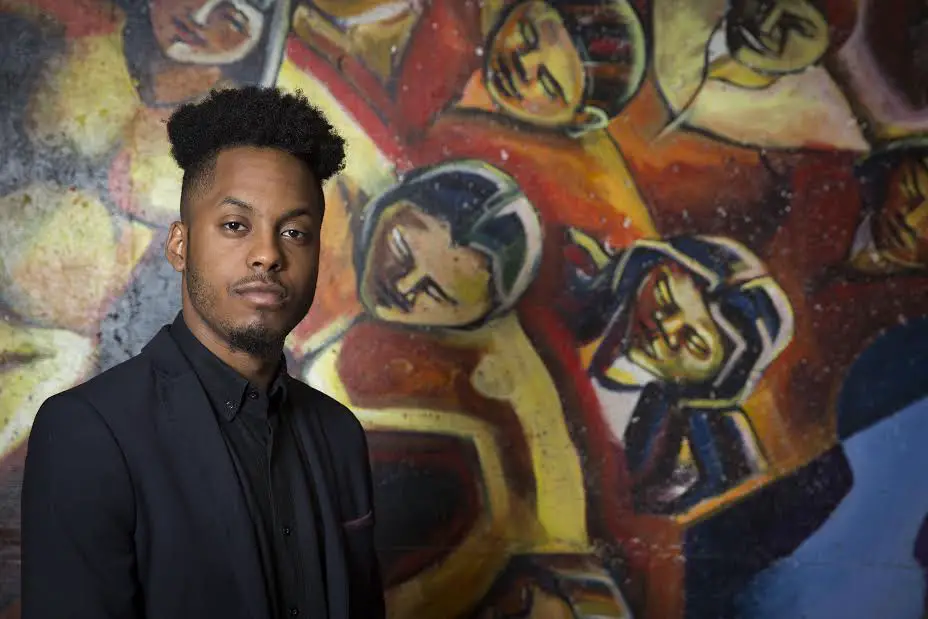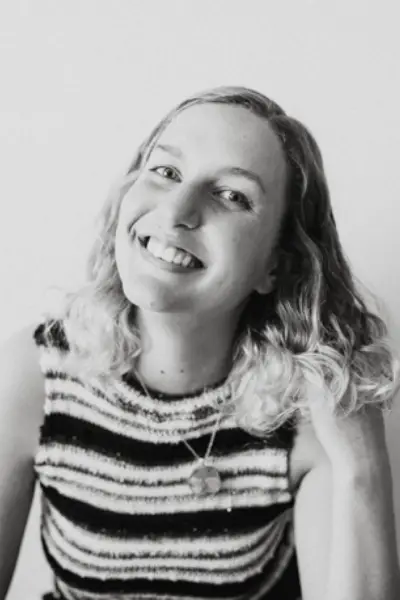Meet Timothy Walker
After getting involved politically in high school, the perspective of the San Francisco State student has caught the ear of the Attorney General.
By Olivia Wickstrom, Portland State University
While most college students spend their free time binge-watching HBO GO or scrolling through Facebook memes, San Francisco State sophomore Timothy Walker sits as a member on California’s Racial and Identity Profiling Advisory Board.
The recently-founded governmental board has a mission of reducing circumstances of racial profiling involving law enforcement. Attorney General Kamala Harris (now the California senator elect) who established the board has hopes to “improve policing and restore the trust needed to ensure that our justice system is truly just.”
The committee consists of eighteen carefully selected members, ranging from civil rights activists to retired policemen; and at nineteen-years-old, Walker is the youngest member and only college student to be featured on the board. I was given the opportunity to speak to Walker about his passion for community activism, his involvement on the committee and his goals for the future.
Olivia Wickstrom: Where are you from, how has this influenced your passion for activism in your community?
Timothy Walker: I’m from Los Angeles, California, and I feel like the environment/nature of where I grew up has holistically shaped my passion for activism. When I was in the eighth grade, my mother got involved with Community Coalition, a grassroots social justice organization in L.A., and she did advocacy work for schools. Community Coalition also works with student organizers at high schools in the Los Angeles Unified School District to mobilize youth to create change.

My twin sister and I joined the youth component, and for the first few months I wasn’t too sure I wanted to stay involved. Then we began to launch different campaigns around education. After seeing how much it was actually led by the students, I began to think: ‘Wow, if I look around in my community and see something that needs to be improved or that I don’t think is right, I can work to create change.’ We can create change together. We can create change in a way that allows our voices to be heard.
OW: Explain California’s Racial and Identity Profiling Advisory Board, and explain your role on the board.
TW: The board has three main roles [according to a press release on the board]: It advises the Department of Justice in drafting regulations to govern the collection and reporting of pedestrian and traffic stop data, then it annually reviews and analyzes the stop data submitted by law enforcement agencies. It works in partnership with state and local law enforcement agencies to review and analyze racial and identity-profiling policies and practices across California. And it conducts evidence-based research on intentional and implicit bias.
My role on the board as a student and activist is to provide insight from someone who has lived in an environment where profiling is rampant.
OW: How did the board approach you to join?
TW: During my junior year in high school, Attorney General Harris and her staff hosted a youth forum at Community Coalition to give young people a space to share the frustrations they had with being racially profiled by the police. During the meeting, we were trying to come up with solutions for racial profiling and sharing our experiences.
At the time, a lot of the things going on with law enforcement and racial profiling hadn’t changed, and I was getting frustrated and upset because I didn’t think the Attorney General’s office was being assertive enough. I let them know of my frustration, and apparently Attorney General Harris felt I had something in me that I could give to the board, because after that her office stayed in touch with me.
OW: How many meetings have you attended, and what do the meetings consist of?
TW: So far, we’ve had two full board meetings, but we’ve had several small sub-committee meetings since its establishment during the summer. These meetings mostly consist of us drafting regulations to oversee the collection and reporting of pedestrian and traffic stop data. We haven’t yet gotten a chance to review the data because it’s too early in the process, but eventually we will get there.
OW: Is this a long-term commitment, and will the board continue to meet?
TW: This is a four-year appointment for all of us, so yes, we will all continue to meet for the next four years.
OW: I understand you’re the only college student on the board. What’s the importance of the board featuring a young voice such as yourself?
TW: I would say it’s important to have a voice that represents young people at the college level; and me being a young man of color attending a university is also good to show, because we don’t often have images that show us in this light.
OW: Besides the Racial and Identity Profiling Advisory Board, are you involved in other social justice work?
TW: Yes, on campus I am a part of our Black Student Union; I currently serve as our Leadership Development Director. I help with engaging students on campus, specifically when it comes to increasing their leadership, and give them different outlets they can use to take actions and create change on campus. I’ve also done Community Coalition’s “CDF Freedom Schools Program,” which is a seven-week summer literacy program for black and brown youth. It’s designed to improve their literacy and leadership by allowing them to read books that reflect on the experiences they go through.
OW: Do you have any future plans, post graduation?
TW: Long-term, I would like to be the mayor of Los Angeles. Along that journey, in whatever position I find myself in, if I feel that I’m creating change and that I can help other people create change, then I’ll stay there.
OW: Through your political activism, what’s the main message you are hoping to spread within your university and community?
TW: In whatever way you believe you can help change someone’s life, do it. Don’t shortchange yourself by thinking that what you’re doing isn’t enough or it won’t make a difference. It takes everyone coming together to make the change that you would like to see in this world.
Sometimes it’s easy to get caught up in everything that you have to overcome. But use those things as motivation. Use them to inspire other people who will come up behind you, so we can all keep moving forward.









